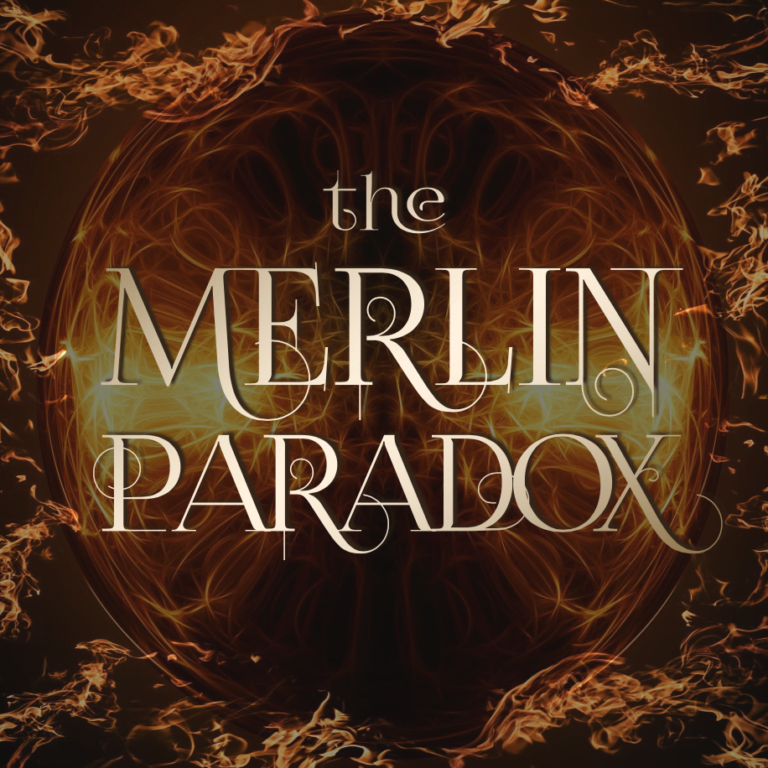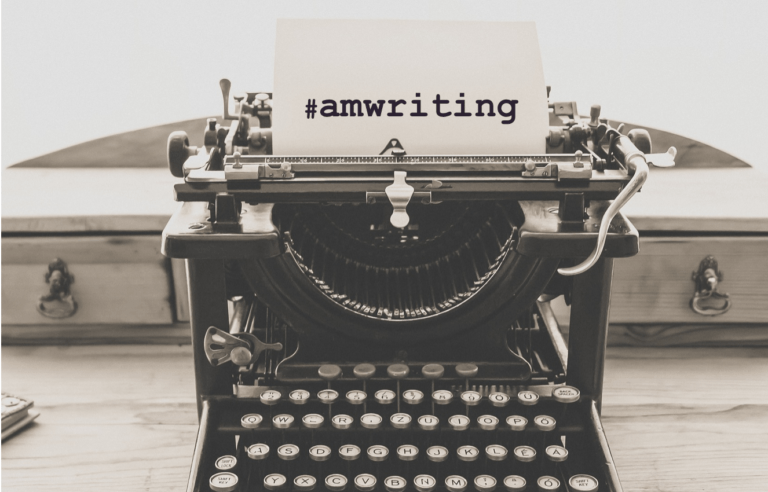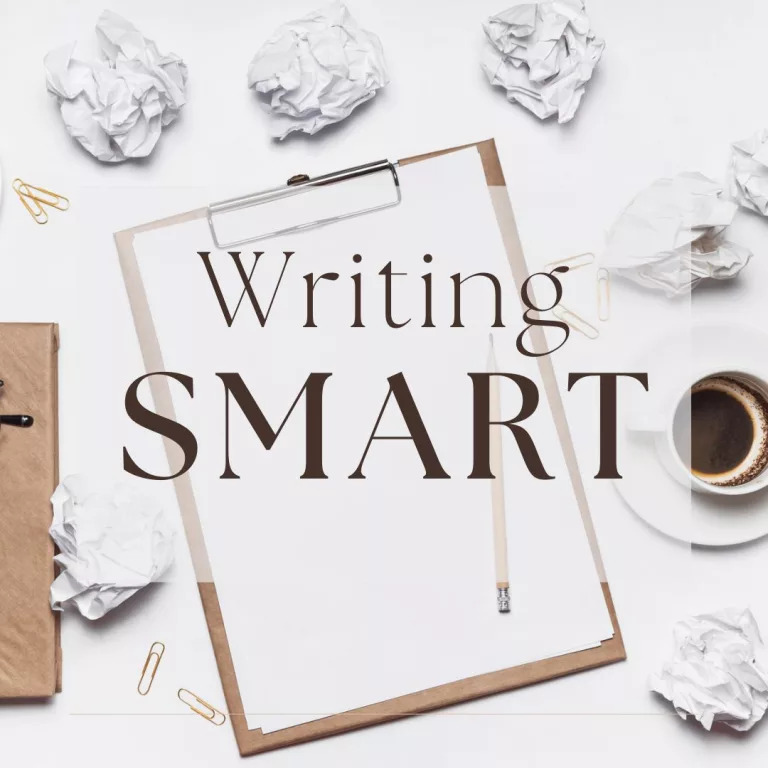PARADOX: a seemingly absurd or self-contradictory statement or proposition that when investigated or explained may prove to be well founded or true.
Oxford English Dictionary.
I named my book The Merlin Paradox because it sounds cool, even though I didn’t have a cool paradox to show off, only a bunch of ironies, clever oxymorons, and a delicious self-fulfilling prophecy. The Merlin Oxymoron just doesn’t have the same ring to it.
When I was brainstorming titles, I wondered if it was a mistake, if I was setting up a promise I couldn’t deliver, and that readers would be disappointed. I went with it though because the role of a book title is to catch attention, and this title does just that.
But now, writing little edits, I have found the paradox within a simple scene that is very relatable to me. It’s clear, makes no sense and all the sense at the same time, just like a paradox should.
He had to see less to see more.
It’s something that I’ve noticed with my own vision problems. When it’s dark, I can see nearly nothing, so I close my eyes to become completely blind. When I no longer try to see, I can sense my surroundings better and can find my way around the darkness or locate the object I’m looking for.
I see better when I no longer try to see.
Now comes the tricky part of weaving this paradox into the broad theme of the book. The theme of blindness is already there, just need to strengthen it.
I’ve found Merlin’s paradox at last. The book has finally lived up to its title. I couldn’t be happier with this editing win.
Discover more from Isobel Lynx
Subscribe to get the latest posts sent to your email.




